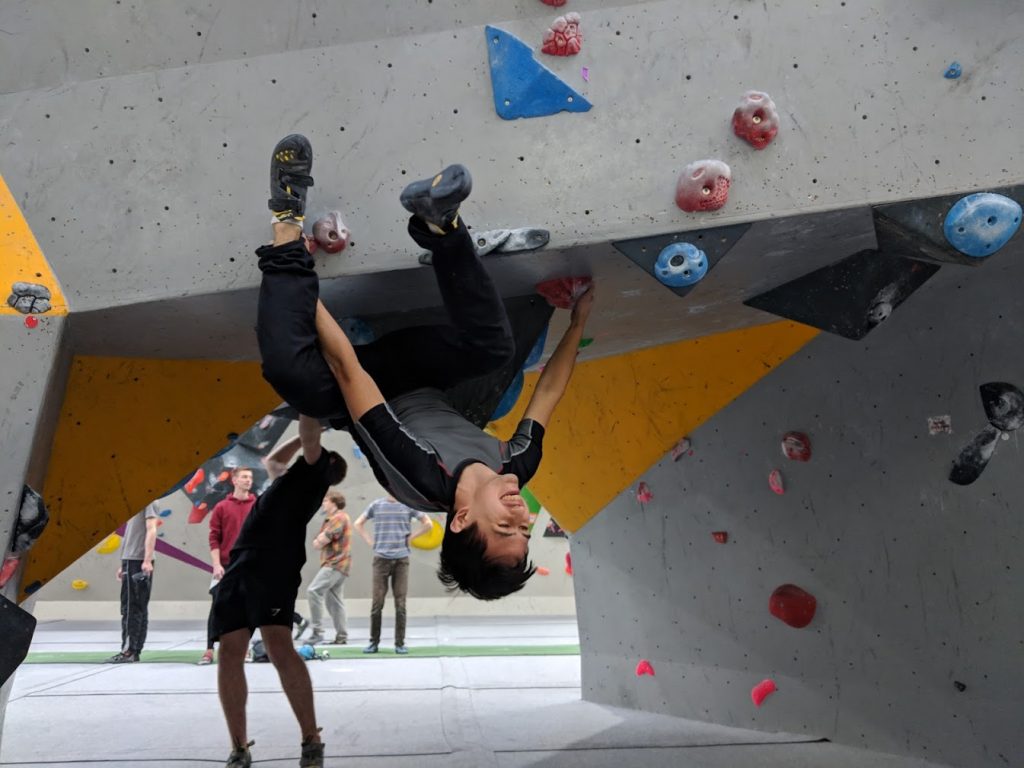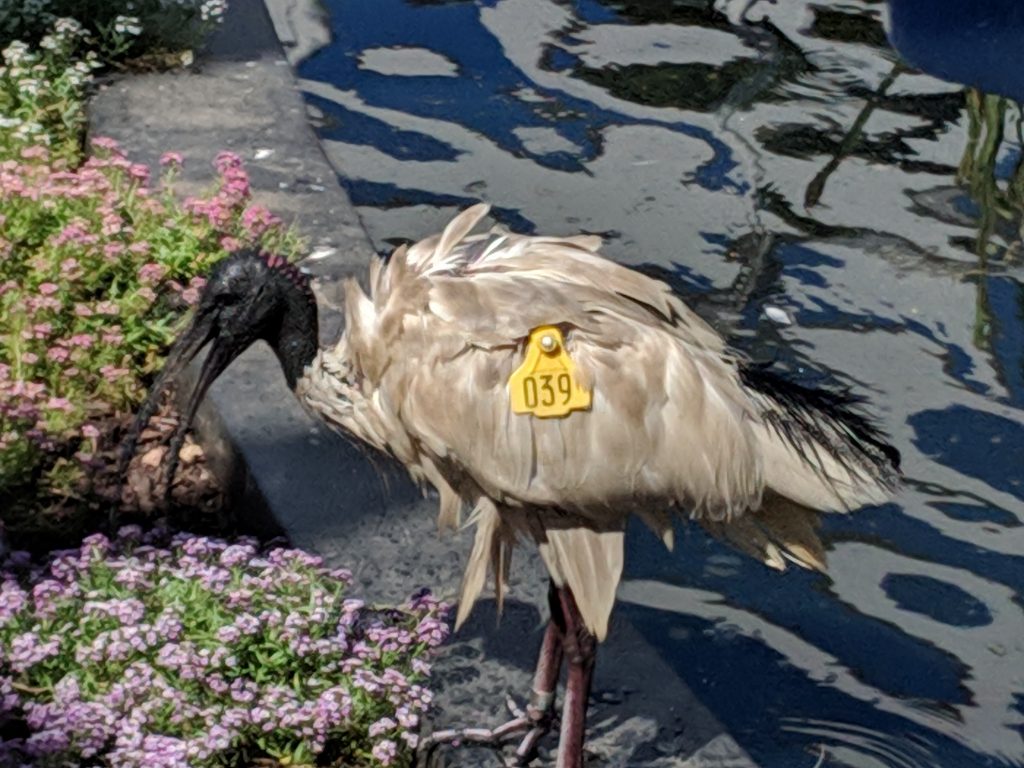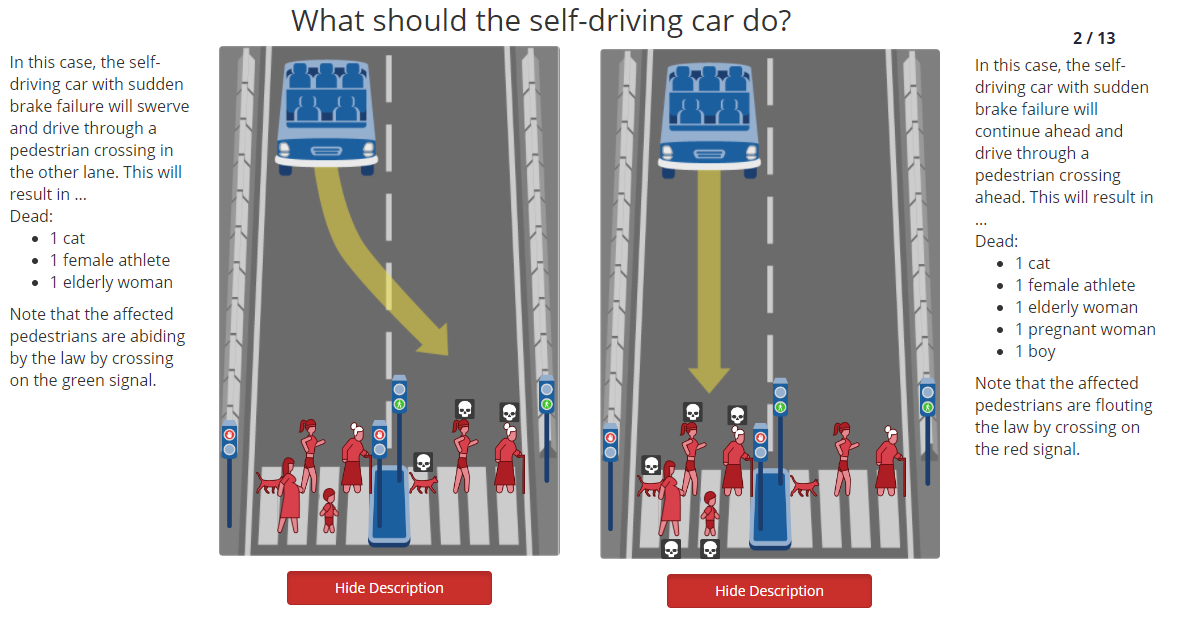Short version: Why I don’t eat meat, some things I’m reading at the moment, and three photos from my week.
Long version:
Eating Less Meat
Since having moved to the United Kingdom, I’ve been eating less meat. The strongest motivation comes from a desire to minimise carbon impact and waste. The change has been made easy by meat substitutes being widely available and cheap (and delicious).
Evidence:
Intuitively, in order for humans to gain nutrition from an animal, that animal needs to consume either other animals or plants first. Given these processes cannot be completely efficient, there is always a lower energy cost to the environment to eat lower on the food chain. The real effect of this is described in the chart below.

High Protein Diets:
The CSIRO published a book advocating a high protein diet. It generated some controversy in part due to being funded by the meat industry. It still seems a high protein diet is healthy, but there is evidence swapping animal protein for plant protein lowers mortality overall.
More reading:
Publications from Nature and World Resources Institute about the impact of meat on climate change, which include the infographic above. Also, from a moral point of view, Consider the Lobster.
Stuff I read this week
Relevantly, restaurant reviews from the blog Vegan Eats Oxford. The Graduate Outcomes Survey was released. Matt Levine continues to write humorously about finance. Hybrid Perovskite Semiconductors are cool.
Photos: Cakes, Climbing, and Snow
Writing from home.





